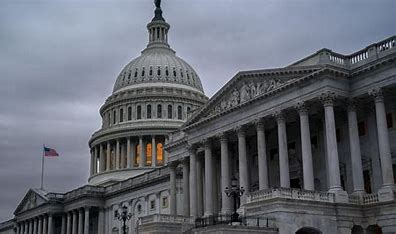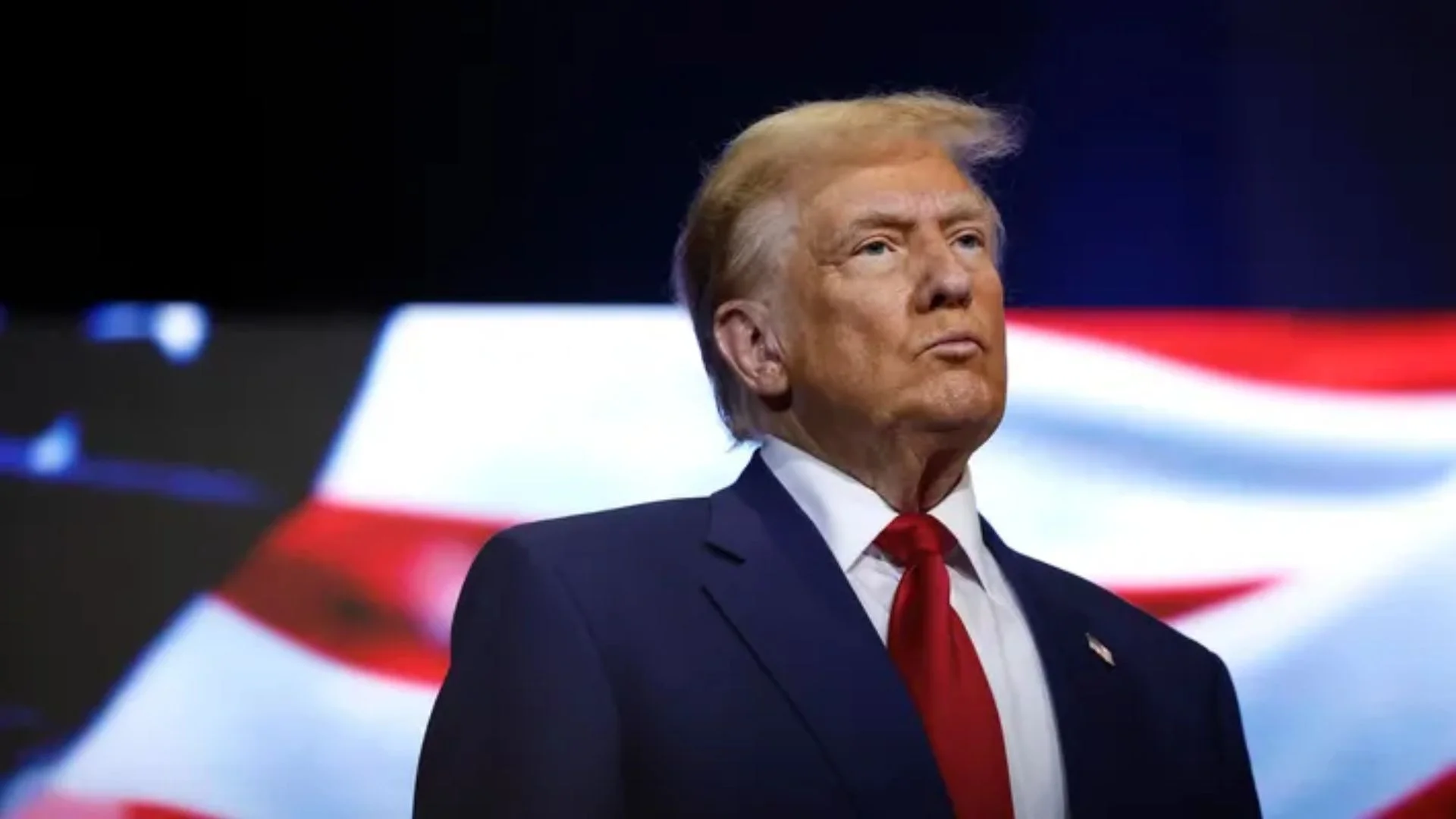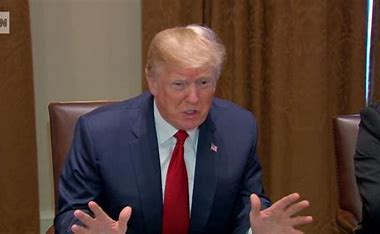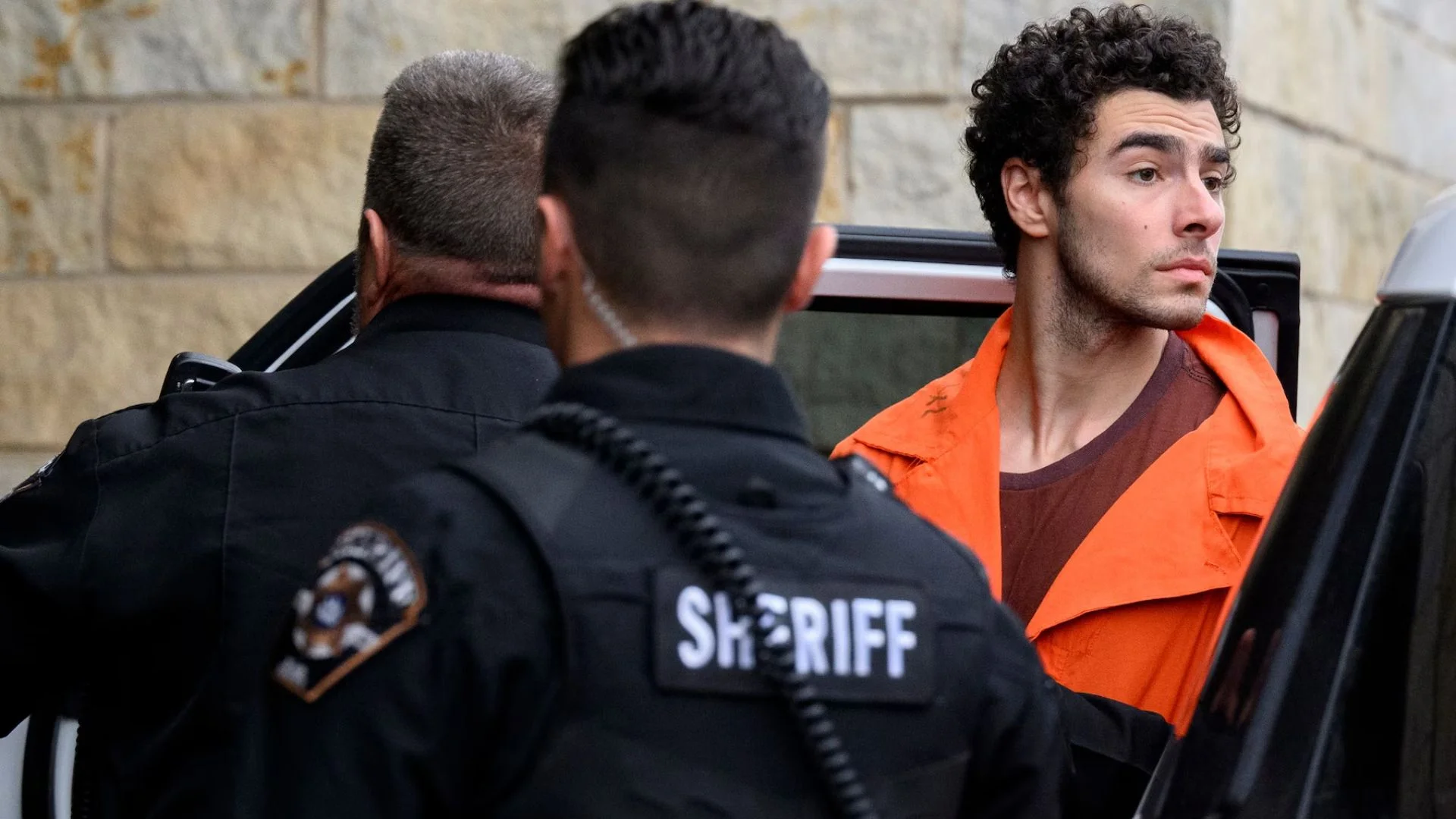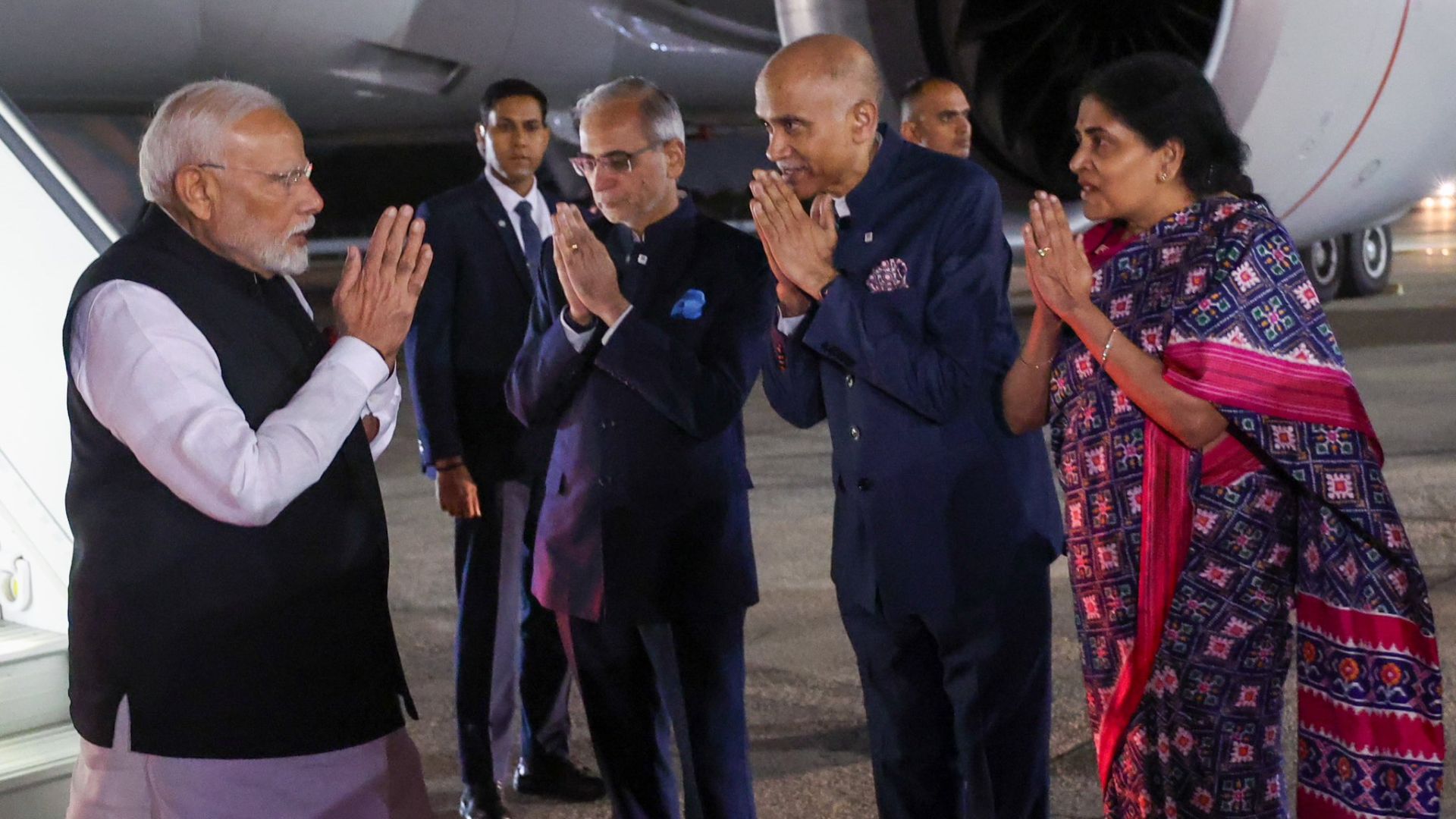The United States recently held its first in-person meeting with Ahmed al-Sharaa, Syria’s de-facto new ruler, following the overthrow of Bashar al-Assad. Senior diplomats described the talks as “very productive,” signaling a shift in Washington’s approach toward the country’s political transition and future governance.
Key Takeaways from the Meeting
Barbara Leaf, the top Middle East diplomat at the US State Department, led the delegation. She remarked that the meeting was a promising start, but actions would weigh more than words. “Ahmed al-Sharaa came across as pragmatic,” she noted, emphasizing the need for inclusivity and security to ensure Syria’s stability.
Bounty Lifted on Al-Sharaa
One notable outcome of the meeting was the decision to remove the $10 million bounty previously placed on al-Sharaa. The US officials acknowledged his commitment to a stable and inclusive Syria, free from terrorist threats.
Concerns Over HTS Leadership
Al-Sharaa, formerly linked with Hayat Tahrir al-Sham (HTS), has been under scrutiny for his group’s past affiliations with al Qaeda. Western nations, including the US, are debating whether to remove HTS’s terrorist designation as the group attempts to transition into a legitimate political entity.
The Future of Missing Americans
The US delegation also sought information on missing Americans, including journalist Austin Tice, who disappeared in 2012. Roger Carstens, the US Special Presidential Envoy for Hostage Affairs, pledged to work closely with Syria’s interim authorities to uncover new leads.
A Fragile Transition
The rebel takeover of Damascus two weeks ago marked the end of Bashar al-Assad’s 13-year rule. While many Syrians celebrated the regime’s fall, apprehensions remain about HTS’s governance style, particularly its potential lean towards hardline policies that may marginalize minorities and women.
Celebrations and Skepticism
Thousands of Syrians gathered in Damascus to celebrate the political shift, waving the new Syrian flag and expressing hope for a better future. However, concerns about the inclusivity of the new government persist.
Maram, a 62-year-old resident, shared her guarded optimism:
“We were not accustomed to freedom or governing our own country. We will continue to monitor until we reach our goal.”


